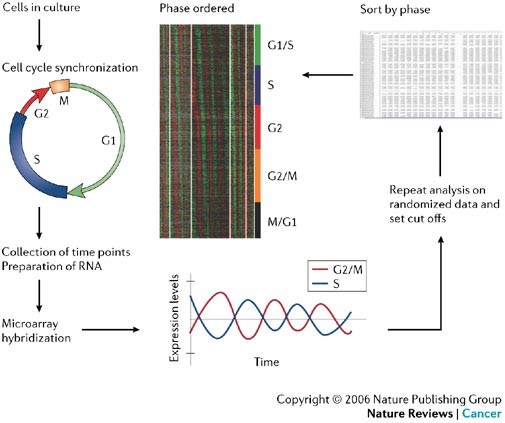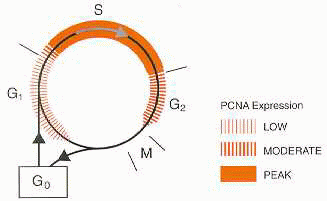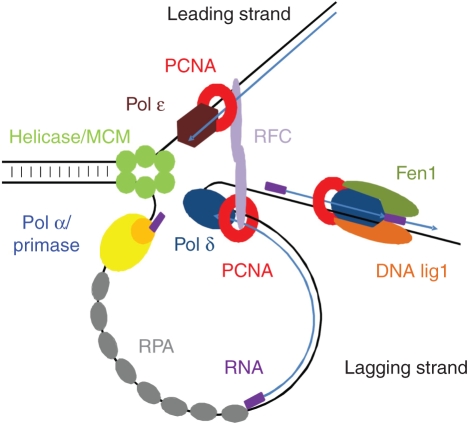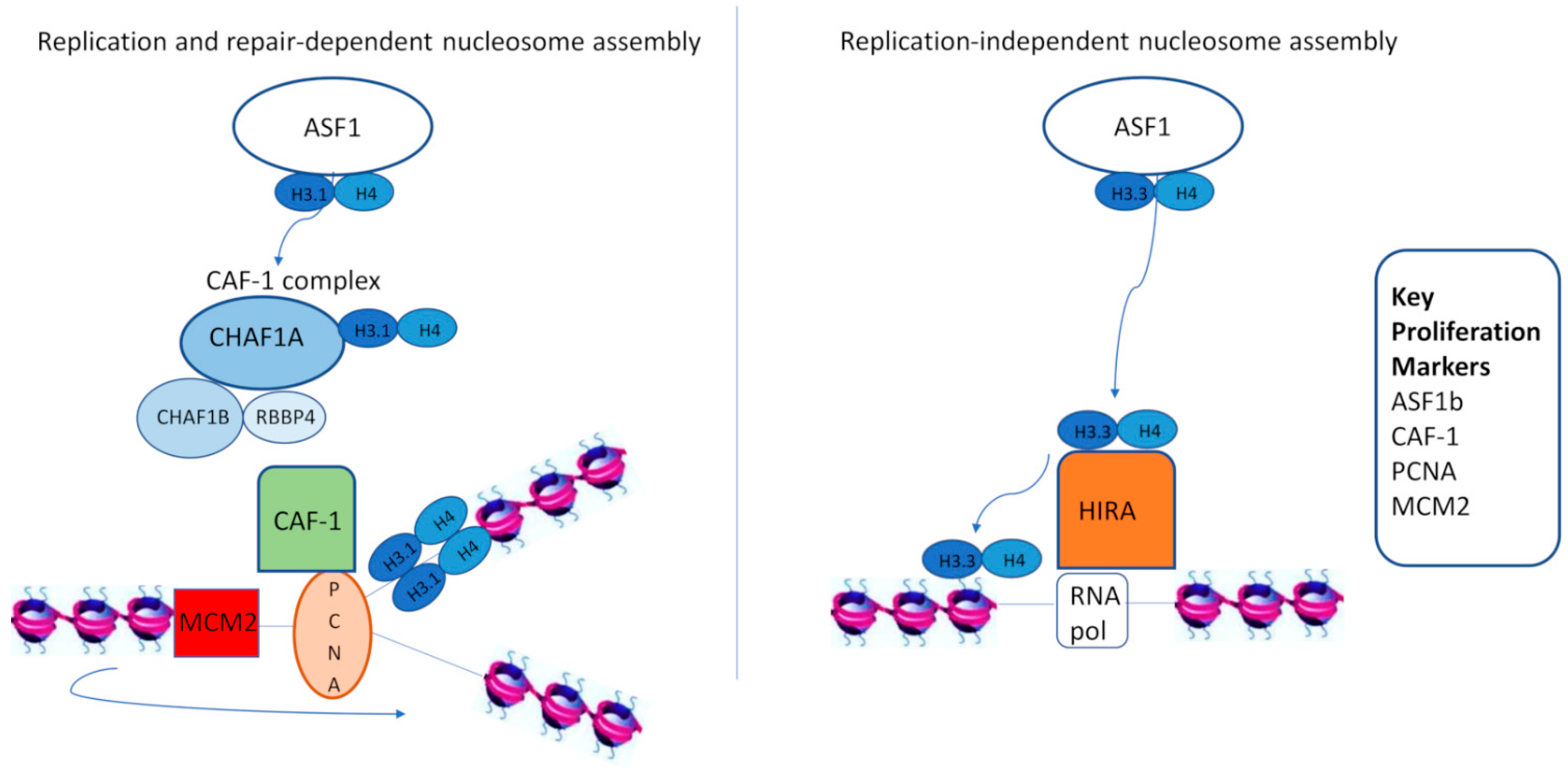
Cancers | Free Full-Text | Challenging, Accurate and Feasible: CAF-1 as a Tumour Proliferation Marker of Diagnostic and Prognostic Value

A, B Proliferation markers Ki67 or PCNA, co-expressed with the developmental and lineage markers DCX and Prox1, identified SGZ cells as cycling neuronal precursor cells.

Quantitative Cell Cycle Analysis Based on an Endogenous All-in-One Reporter for Cell Tracking and Classification - ScienceDirect
Interaction of Proliferation Cell Nuclear Antigen (PCNA) with c-Abl in Cell Proliferation and Response to DNA Damages in Breast Cancer | PLOS ONE
Interaction of Proliferation Cell Nuclear Antigen (PCNA) with c-Abl in Cell Proliferation and Response to DNA Damages in Breast Cancer | PLOS ONE

Three Optimized Methods for In Situ Quantification of Progenitor Cell Proliferation in Embryonic Kidneys Using BrdU, EdU, and PCNA - Rosalie E. O'Hara, Michel G. Arsenault, Blanca P. Esparza Gonzalez, Ashley Patriquen,

Cardiomyocyte cell cycle dynamics and proliferation revealed through cardiac-specific transgenesis of fluorescent ubiquitinated cell cycle indicator (FUCCI) - Journal of Molecular and Cellular Cardiology
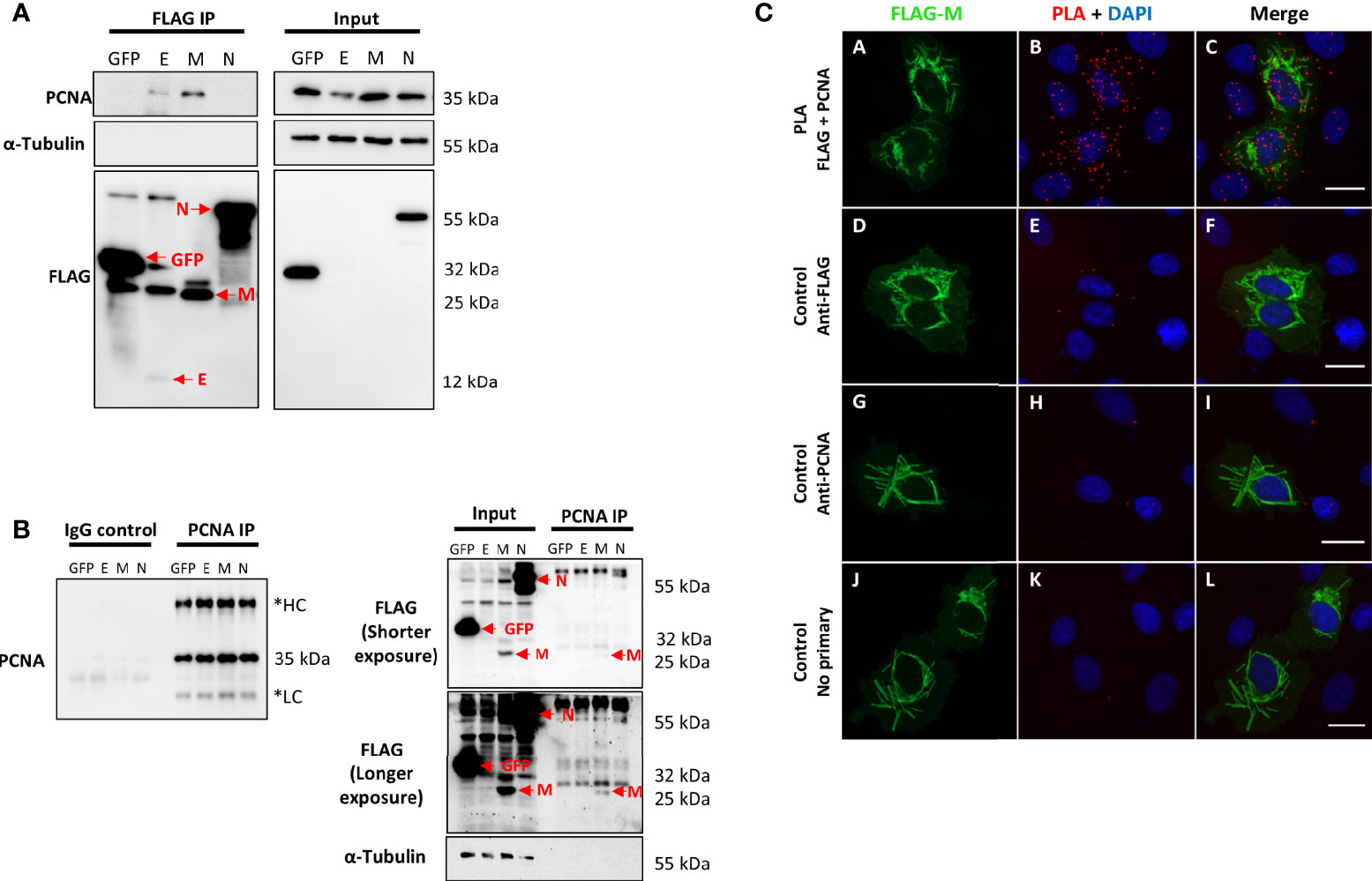
Frontiers | Characterization of the Interaction Between SARS-CoV-2 Membrane Protein (M) and Proliferating Cell Nuclear Antigen (PCNA) as a Potential Therapeutic Target

Estrogen receptor α mediates proliferation of breast cancer MCF–7 cells via a p21/PCNA/E2F1‐dependent pathway - Liao - 2014 - The FEBS Journal - Wiley Online Library

Figure 3 from Proliferating cell nuclear antigen (PCNA): a dancer with many partners | Semantic Scholar

Estrogen receptor α mediates proliferation of breast cancer MCF–7 cells via a p21/PCNA/E2F1‐dependent pathway - Liao - 2014 - The FEBS Journal - Wiley Online Library

Extracellular vesicles deposit PCNA to rejuvenate aged bone marrow–derived mesenchymal stem cells and slow age-related degeneration | Science Translational Medicine

Quantitative Cell Cycle Analysis Based on an Endogenous All-in-One Reporter for Cell Tracking and Classification - ScienceDirect

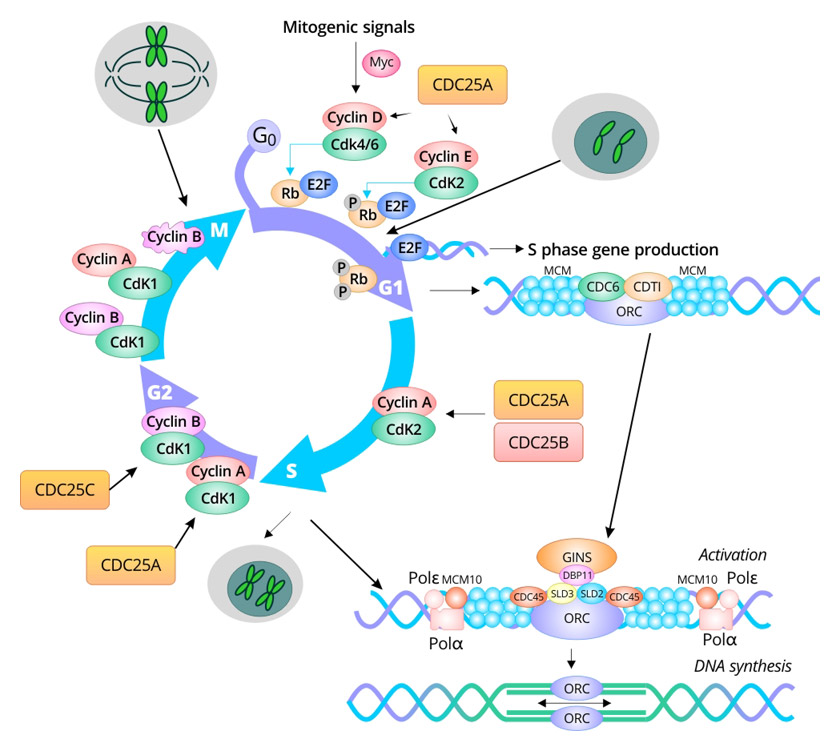
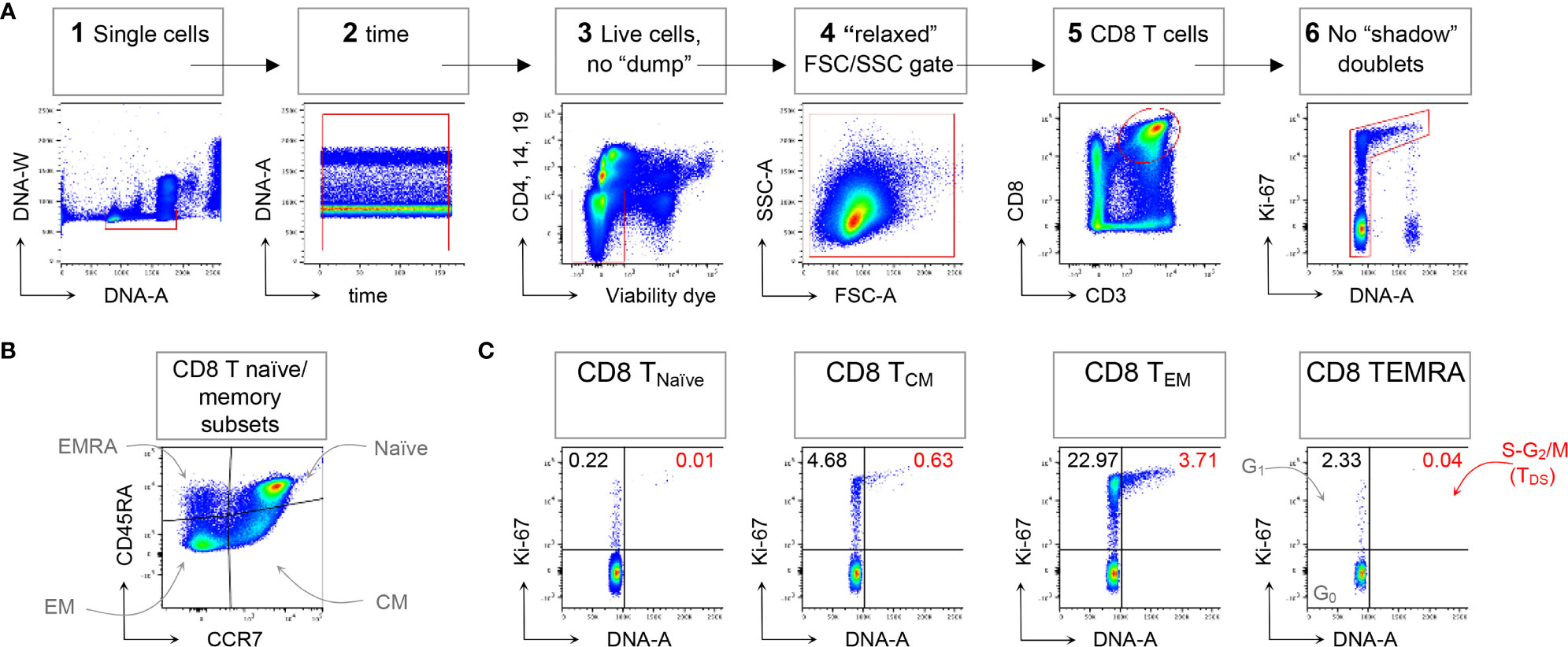

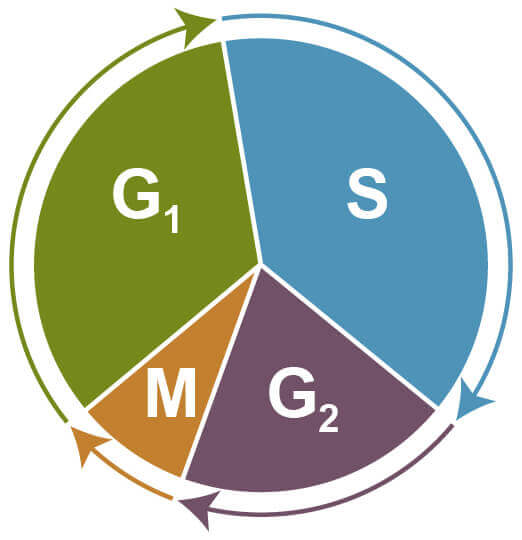

![Anti-PCNA [PC10] | Monoclonal Antibodies - Ximbio Anti-PCNA [PC10] | Monoclonal Antibodies - Ximbio](https://res.cloudinary.com/ximbio/image/upload/c_fit,fl_lossy,q_auto/88c95a34-5073-42c6-a4fc-e266ab868138.jpg)

